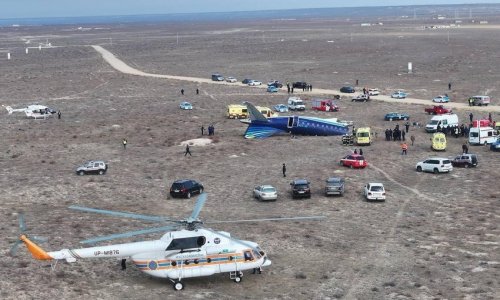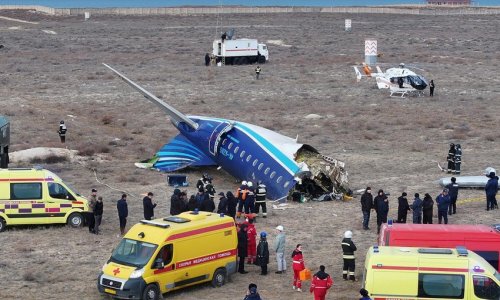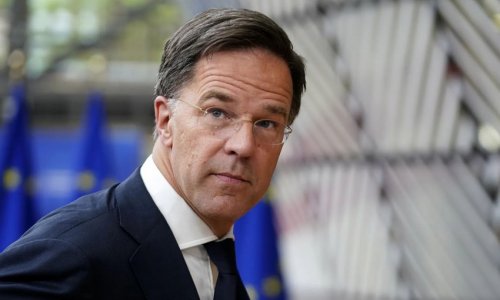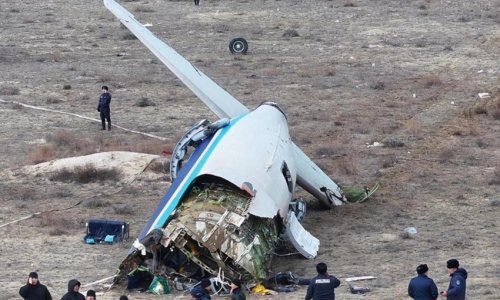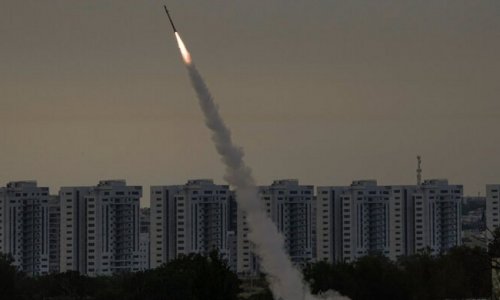He has threatened repercussions and said "all options are on the table".But would the US seriously consider "all options", including the military ones? What can the US and the West realistically do?The first big step often taken in response to an international outrage is condemnation by the UN Security Council, potentially followed by council resolutions demanding restorative steps by the offender and, when that fails, authorising international military action.But all of those options are effectively off the table. Russia is a permanent council member and so can and will veto any attempt to condemn it. This is the failure built into the Security Council system - that it is impotent against any permanent member.But there are other forums for action. Seven members of the G8 group of major industrialised nations have turned on the eighth - Russia - cancelling preparations for the G8 summit that was due to take place in Sochi, Russia, in June.There are also other forms of co-operation with Russia that could be suspended. The EU-Russia partnership, with its biannual summits, is one. The Nato-Russia Council is another.But turning diplomatic backs on Russia has major risks. Russia's co-operation is vital to the West's policy on Iran, North Korea and Afghanistan, and it has vital influence in Syria.Britain has reportedly ordered a ministerial boycott of the Paralympic Winter Games which start on Friday in Sochi, which is less than 300 miles (480km) from the Crimean capital, Simferopol. But only a sporting boycott would have real news impact, and countries have been very reluctant to impose those since the tit-for-tat 1980 and 1984 Cold War boycotts.What next for both sides?Going beyond diplomatic gestures, the West could impose measures designed to hit Russia where it hurts - in the pocket. These could be imposed without UN backing.Russia has huge trade links with the West. The US has already cancelled talks with Russia on a bilateral investment treaty and energy issues.One of the Europe's biggest potential levers over Russia, oil and gas, is also a weakness. Russia is the EU's biggest outside supplier, providing about 25% of its gas, worth almost $100m (£60m) a day, but precisely because Europe is so dependent it makes it an unlikely battleground. Europe does not have alternatives to make up the supply shortage - though, after a mild winter, it may have enough gas in storage to last several months.Russia's rich elite could be a target. Frequent visitors to the West, they often keep their billions in Western bank accounts or invested in property and football teams in the West.Russian-security analyst Mark Galeotti says: "There is no way round it, the most powerful weapon against the Kremlin is one targeting the elites on which it depends."He says he expects "targeted bans and asset-freezes on officials, visa restrictions and even potentially targeted sanctions against Russian corporations".Hitting businesses might sound attractive - but the West is vulnerable to retaliation, with some of its own companies, like ExxonMobil and Boeing, having a huge presence in Russia.Economic pressure from the West may have to come over the longer term - focused on reduced investment and trade.Visa restrictions and asset freezes have been used before - notably by the US against Russian officials deemed to be involved in the arrest, death and posthumous trial of lawyer Sergei Magnitsky. These, relatively limited, sanctions had an ill effect on relations with Russia, which retaliated with measures including a ban on US-Russian adoption.But Francesco Giumelli, an expert on international sanctions at the University of Groningen in the Netherlands, says these cannot just be used against any rich Russian. "It is legally very difficult… how do you link those people in the elite to specific actions in Crimea? You need to have proof that they're involved in wrongdoing".He says travel bans - not financial measures - are the most likely first step, directed at generals or defence officials with a direct role in Crimea or, at a stretch, MPs who voted to support Russian action in Crimea. He says this might seem "symbolic" but shows a commitment to act, that could be escalated later - and the emphasis for now is likely to remain on mediation.Taking aim with harsher measures at Mr Putin's close circle or powerful businesses is likely only to provoke retaliation, he says, "and how does that help Ukraine?""It's easy to say 'we need to be strong' but what if they [the Russians] say the same? I don't think the EU has the will to raise it to a situation where somebody has to back down."Gas supply fears fuelledMilitary optionsInferring from Mr Kerry's "all options" that he is not ruling out military action may be taking him too literally. Analysts agree that there is no prospect of Nato going to war with Russia over Ukraine.Britain's Foreign Secretary William Hague has said explicitly: "For today, no military options [are] on the table."Ukraine is a partner-country of Nato but not an Alliance member, and thus receives no security guarantees.The overwhelming goal at the moment is to de-militarise the crisis and to try to get talks between Russia and Ukraine under way, says the BBC's diplomatic correspondent Jonathan Marcus. Nato is thus likely to move cautiously. Any deployment of forces to the Black Sea region or offers for example of surveillance assets would inevitably be seen by Moscow as Nato wading in on the side of Kiev and would be "a red rag to a bull", our correspondent says.This is not a potential war that Ukraine can win in military terms, with or without Nato help, he adds.Jonathan Marcus: The military balance of warline break What to expectMany analysts think that sudden decisive action by the West is unlikely. Any sanctions are likely to start small and get bigger, and in any case they take time to draw up and impose - not least in the European Union, where the agreement of 28 countries must be secured. The West will also be aware that sanctions can backfire, by harming its own economic links with Russia - especially if Moscow chooses to retaliate.(BBC)ANN.Az
Crimea crisis: What can the West do?
World
23:59 | 04.03.2014
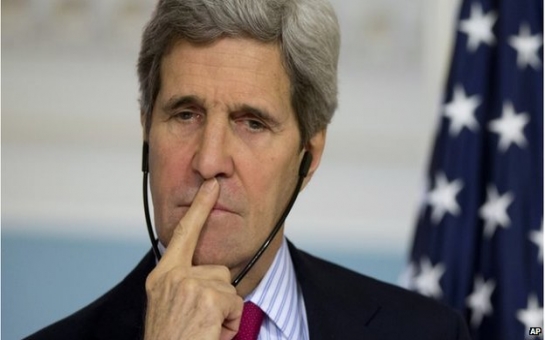
Crimea crisis: What can the West do?
"A brazen act of aggression in violation of international law, in violation of the UN Charter," is how US Secretary of State John Kerry has described Russia's intervention in Ukraine.
Follow us !

